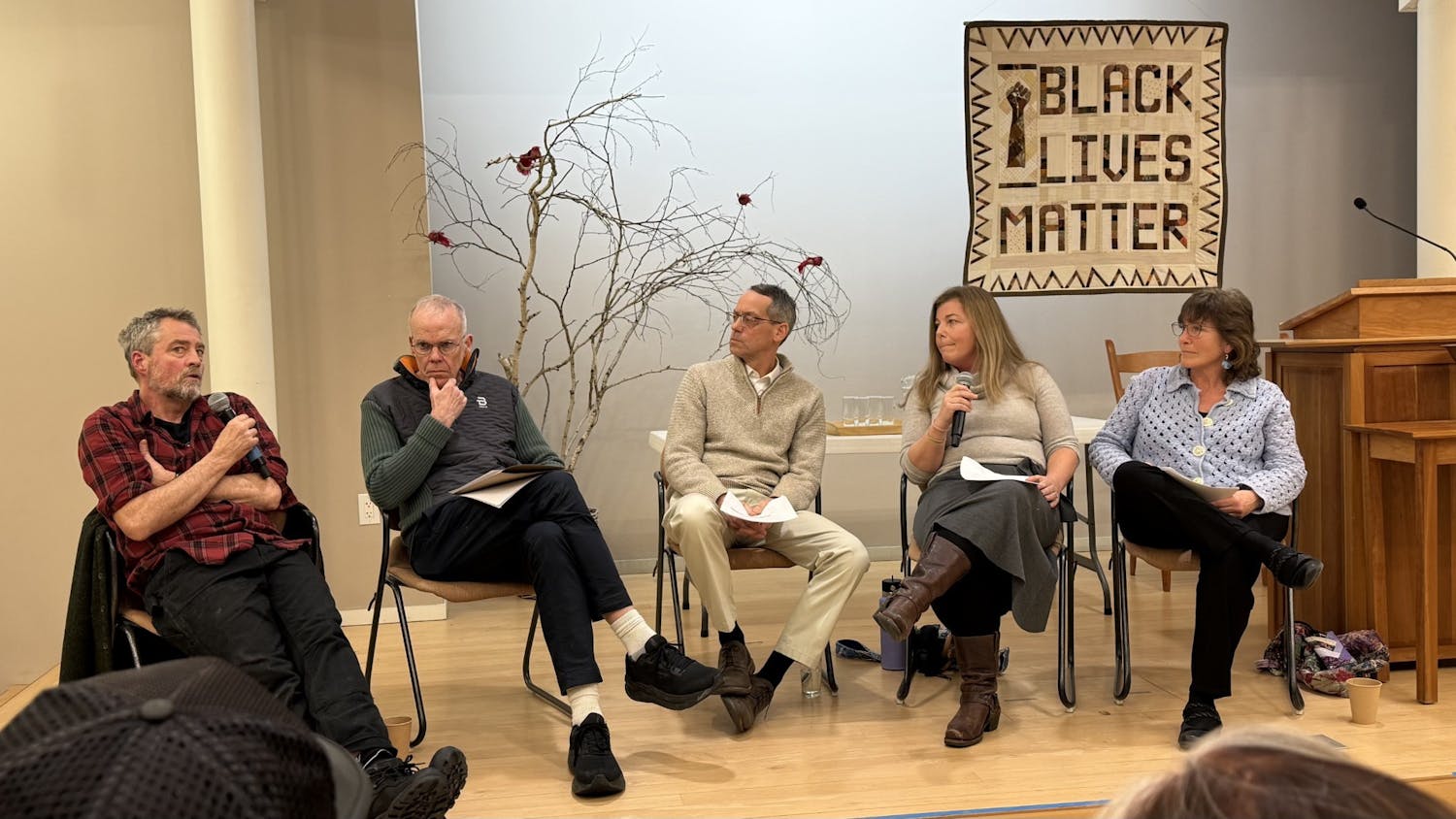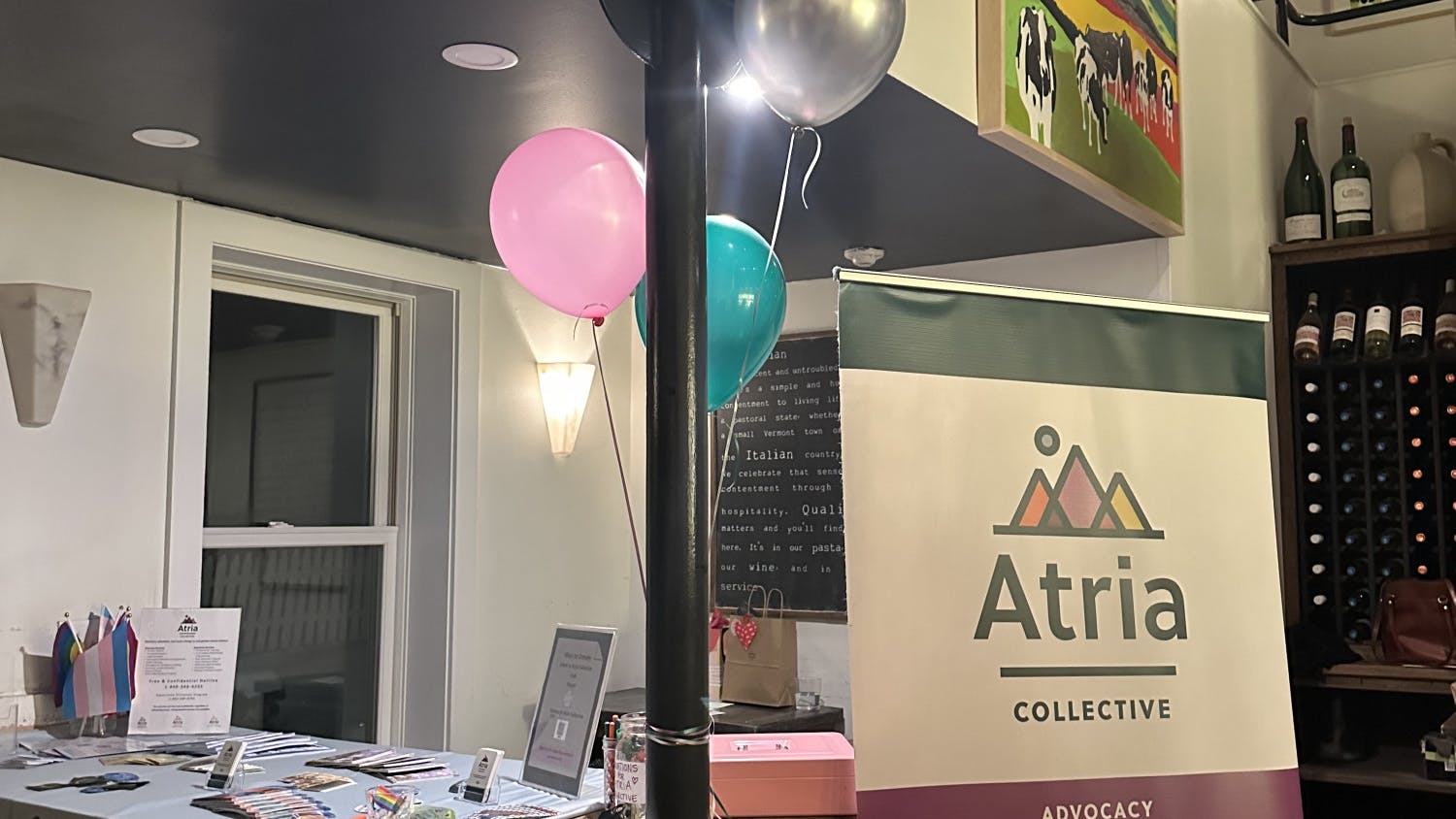Following a decision by the Vermont legislature to allow mail-in voting for town meetings, Middlebury has decided to skip the annual in-person meeting and vote on all measures by ballot. The move, a response to growing Covid-19 cases, changes the nature of Vermont municipal politics for the time being.
Vermont’s annual town meeting stands as a revered New England tradition and a modern-day reminder of what direct democracy can look like. Many Middlebury residents treasure the “floor meeting” in particular, where hundreds of residents gather to debate and vote on policies concerning the town.
It is usually community-oriented, discussion-centered and — above all — in-person.
During a typical year, Middlebury holds its floor meeting the night before Vermont’s Town Meeting Day, which falls on the first Tuesday of every March. The town’s annual budget is the largest item of the night, but other municipal matters are discussed as well. On the following day, additional measures are decided by paper ballot, including the election of town officials.
This year, however, the town will vote on all measures solely by Australian ballot, the typical secret ballot that is used in U.S. elections.
Jim Douglas ’72, the former governor of Vermont, noted that the floor meeting offers a unique forum for amendments and explanation. Douglas moderated the floor debate in Middlebury for 33 years before retiring in 2019.
“It is pure democracy. Everyone is a legislator for a day and has an equal voice in the affairs of the community,” he said in an interview with The Campus, reflecting on the change to mail-in voting.
“Now there is no opportunity for amendments,” he said. “Generally, when the budget is up for debate, someone can motion to change it. On the ballot, it will pass or be rejected — there are only two options.”
However, there are some advantages to the Australian ballot that the floor meeting lacks. It holds the potential for wider turnout because voting at the floor meeting requires a person to be physically present. This means that people who are unavailable on that particular day — whether they are working, away from home, sick or unable to attend for another reason — will be able to cast their vote as well.
“It is kind of a catch-22,” said Ann Webster, Middlebury’s town clerk. “The Australian ballot may be more attractive for people who actually get a chance to vote on something they don’t normally vote on. But the debate, seeing people in person, that ritual — it is really important.”
In theory, mail-in ballots have the potential to provide the accessibility that the floor meeting lacks. Voter turnout broke records in both Vermont and Middlebury during November’s 2020 elections, when ballots were mailed to every registered voter in Vermont. However, Vermont used federal funding to send those ballots, and the state legislature is unlikely to do so again for the floor meeting ballots without more federal funding.
Dave Silberman, High Bailiff of Addison County, was encouraged by the high turnout in November.
“Clearly, the desire among the populous is to be able to vote easily and early by mail. People will have to request them for this election, but they have gotten used to voting by mail,” Silberman told The Campus.
Silberman also hopes that Middlebury College students will be requesting mail-in ballots.
“Students ought to know that they absolutely have the right to vote in Middlebury local elections. They are an important constituency in this town and crucial to our social fabric,” he said. “Town meeting votes are typically very small shares; having 100 people show up to vote can make a huge difference.”
Several elections this March also hold the potential to increase voter turnout among both college students and residents of the town. On March 2, Middlebury will decide whether retail cannabis stores will be allowed to open in Middlebury, as well as whether the town of Ripton will leave the Addison Central School District. Esther Thomas, a member of the college’s Residential Life staff, is also running for Selectboard.
However, Douglas fears potential negative consequences if Vermont democracy shifts away from in-person decisions.
“The essence of our tradition of direct democracy is human interaction, the ability to question municipal officials and to hold them accountable,” he said. “I hope this is a temporary shift, but I’m worried about it.”
Webster, on the other hand, is more open to allowing some of the more positive changes to subsist.
“I am certainly hoping there is a definite swing back to normal. I’m also excited about the opportunities we might have,” she said. “There are things we have learned about how we might better communicate and make things more accessible for people. I’m hoping we gain progress.”
The town of Middlebury will host an informational meeting about the upcoming election on February 22 at 7:00 p.m. For more information about this and the elections, visit townofmiddlebury.org.
Departing from tradition, Middlebury to use mail-in voting for Town Meeting Day

LUCY TOWNEND
In-person voting before the Covid-19 pandemic allowed for townspeople to debate policies and offer amendments to measures on the ballot.
In-person voting before the Covid-19 pandemic allowed for townspeople to debate policies and offer amendments to measures on the ballot.
Comments



